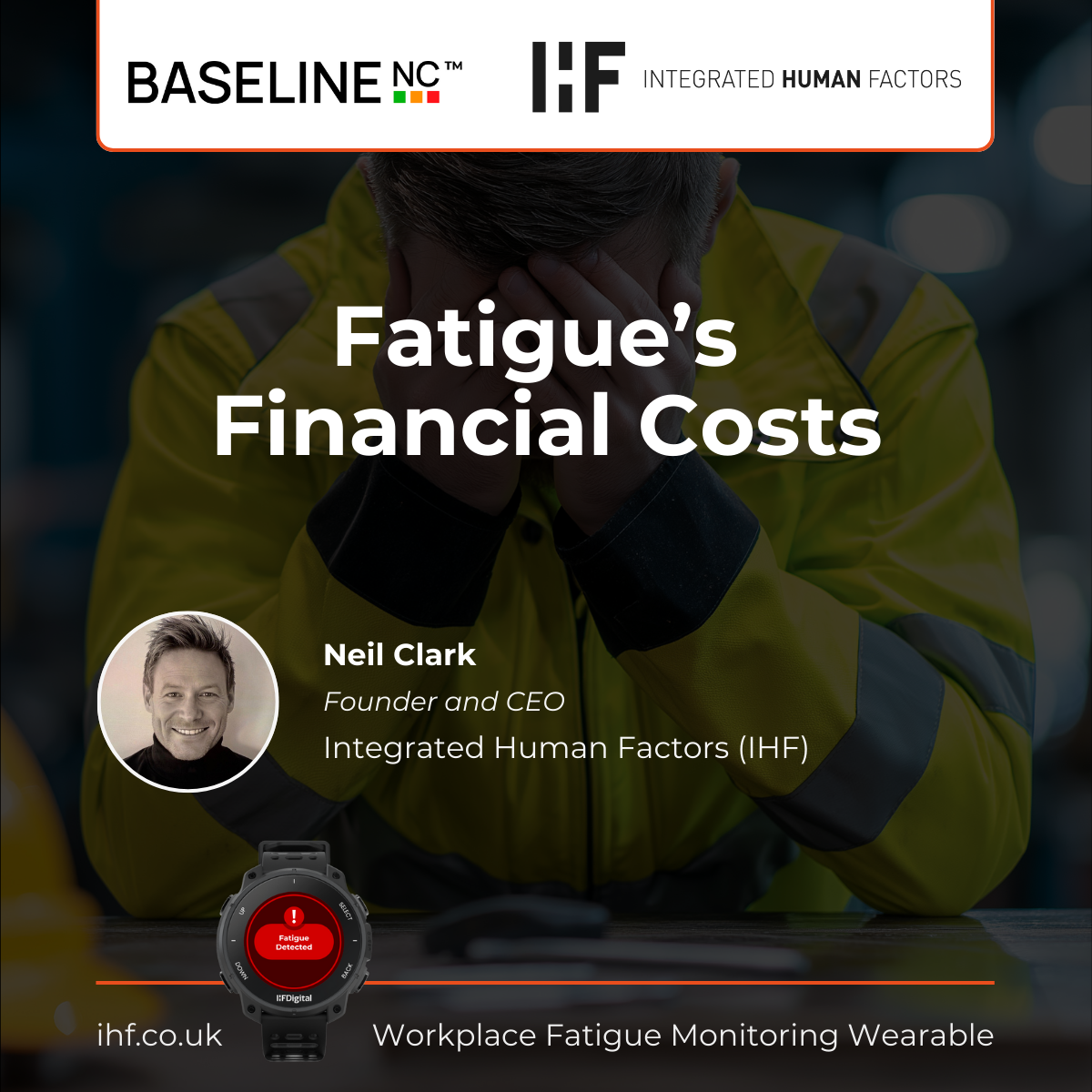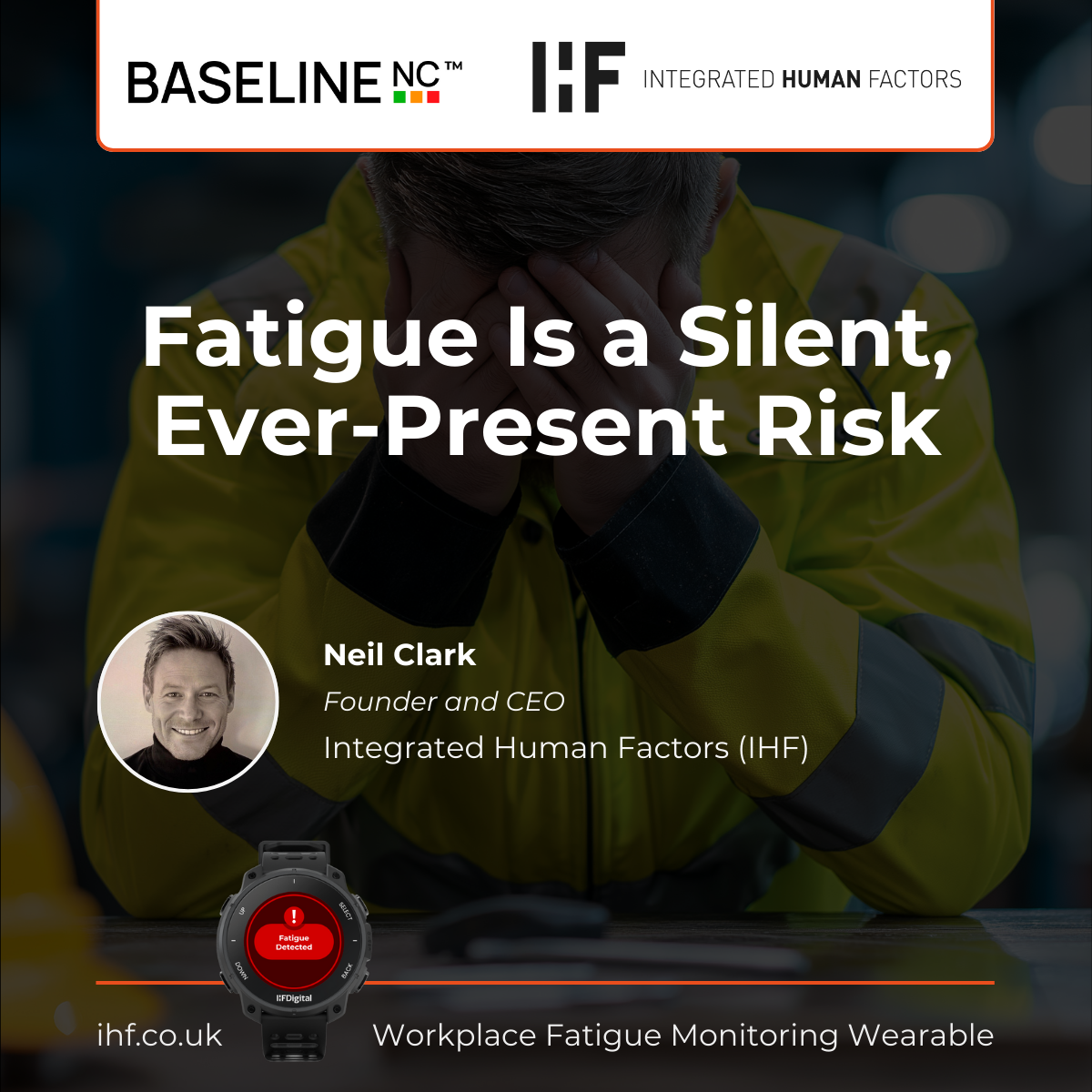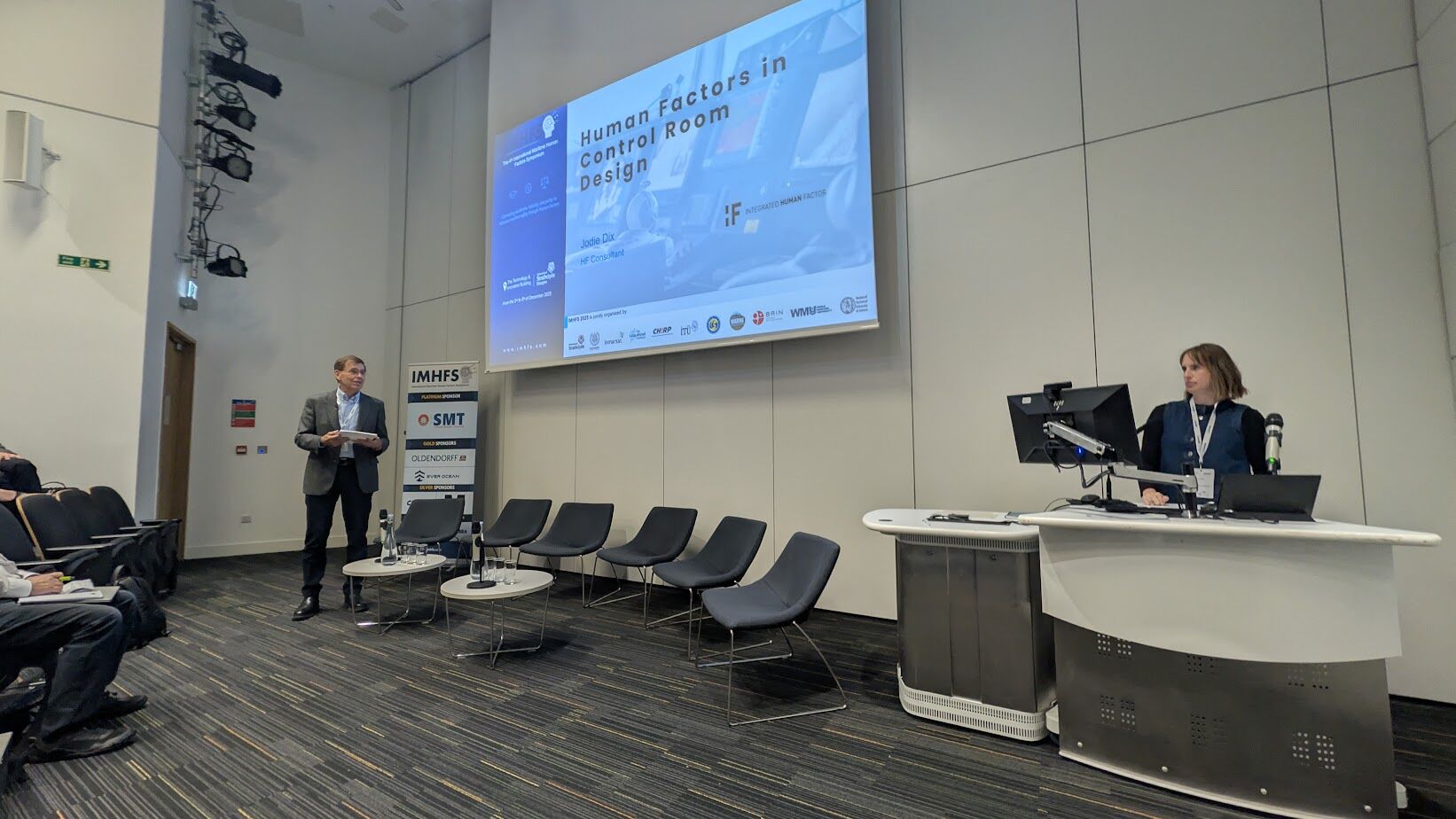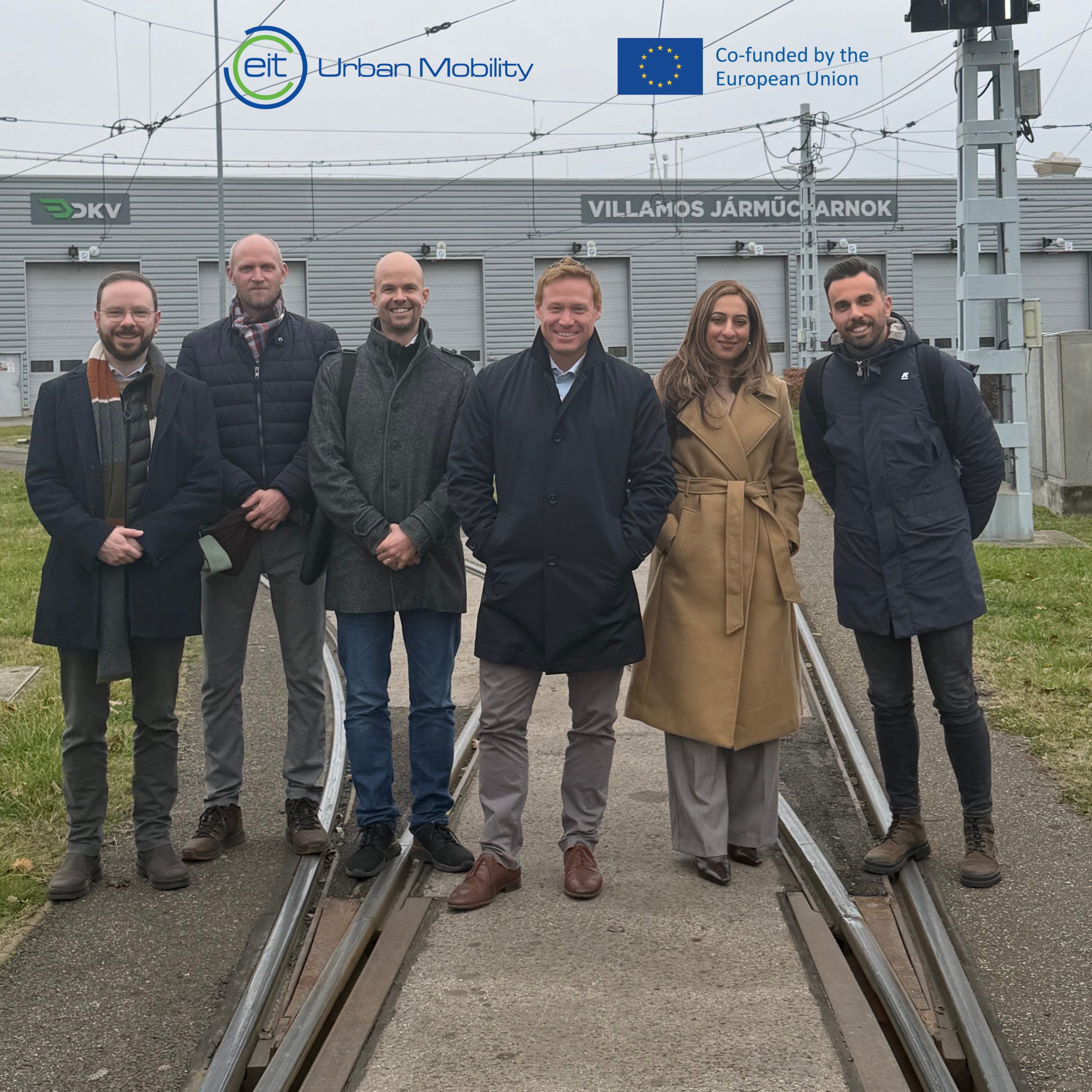László Mátyus — the Director of Innovation and Service Development at DKV Debreceni Közlekedési Zrt. (DKV) — discussed the BaselineNC workplace fatigue monitoring wearable project during the “Planning for Safer Mobility Systems” thematic roundtable at the Tomorrow.Mobility World Congress 2025 event in Barcelona, Spain. The event hosted by EIT Urban Mobility and Fira de Barcelona was held from the 4th to the 6th of November and the theme of the session that Mr. Mátyus participated in was:
Safety remains a top priority as cities evolve their mobility systems and last-mile solutions. This session explores how technology and planning can work together to reduce accidents and create safer streets for all. It offers a platform to share best practices in monitoring safety and coming up with realistic solutions for drivers and public transport. How can innovation, technologies, and behaviour change improve road safety and reduce accidents in urban environments? What impact do these solutions have in creating safer, more efficient, and people-friendly cities?
Commenting on the event Mr. Mátyus stated:
“I would like to thank EIT Urban Mobility and Fira de Barcelona for the opportunity to talk about the important topic of safety in our cities and how BaselineNC is providing a workplace fatigue monitoring solution.”
Why are DKV undertaking this workplace fatigue monitoring wearable pilot?
In 2024, close to 20,000 road fatalities occurred across Europe and the long-term road safety goal, “Vision Zero” aims to have zero fatalities in road transport by 2050. Technological advances, including connectivity and automation, present new opportunities to reduce the role of human errors. The role of fatigue in human errors on our roads, remains a critical safety challenge across the transport sector. One of the most devastating examples was the 2016 Croydon tram crash, where driver fatigue was identified as a probable cause for the deaths of 7 people. This tragedy underscored the need for a proactive fatigue management system that could identify and mitigate risks before they lead to accidents.
An article about the overall project can be found at the EIT Urban Mobility website.
Connect with László on LinkedIn.
More information:
- DKV Debreceni Közlekedési Zrt. YouTube Channel
- DKV Launch Workplace Fatigue Monitoring Wearable Live Pilot With Public Transport Drivers in Debrecen, Hungary
- Edinburgh Napier University Researchers Visit DKV in Debrecen, Hungary to Observe How BaselineNC™ Workplace Fatigue Monitoring Wearable Devices Have Been Integrated Into the Daily Operations of Public Transport Drivers
- EIT Urban Mobility BaselineNC™ Consortium Meeting 2025
- EIT Urban Mobility Impact Stories: Wearable Technology for Human Error Prevention in Transportation
- Why DKV Decided to Pilot the BaselineNC™ Workplace Fatigue Monitoring Wearable










